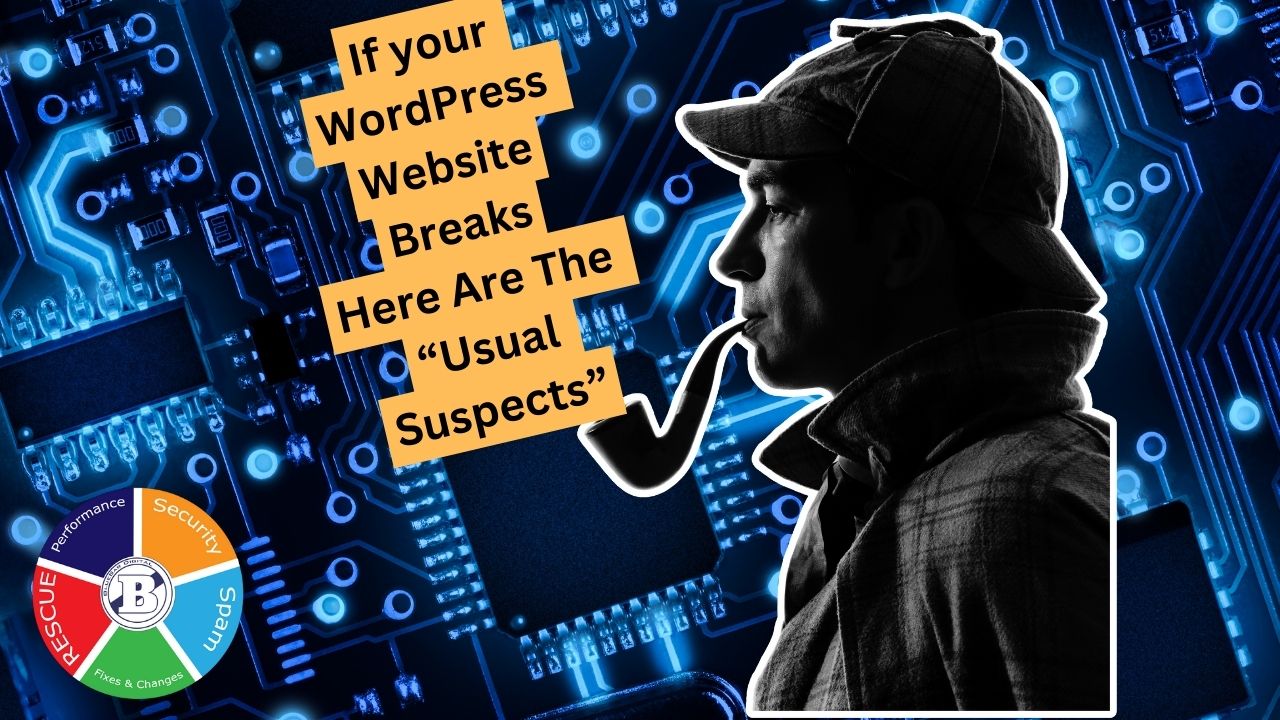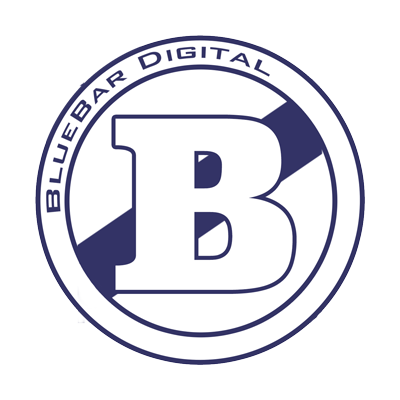
Website Unavailable
Show of hands – who reading this article has received a call or text informing you that your website has a bunch of strange text plastered across your home page, or that it’s just “UNAVAILABLE”?
If so, you know that feeling of terror growing in the pit of your gut. What happened to my website? Did hackers get me? Backups? Do we do backups?
A website is like any other system, there are certain factors that have to be in place for it to work such as making sure the domain registration is current – did it expire and nobody knew to renew it? Is your hosting company experiencing problems? Were you hacked?
I have found that an unavailable website is often not as catastrophic as you might assume.
Here are the top 10 things I would look at first when trying to understand why my website is down.
- Hosting Issues: Your hosting service provides the computers on which your website runs. Sometimes, your host can face power outages or maintenance work, leaving your site in the dark.
- Domain Problems: Every site has a unique address, its domain (www.YourCompany.com). If this address’s lease runs out, or if there’s a hiccup in the internet’s address book (DNS), visitors won’t find your website.
- Plugin Conflicts: Think of plugins as apps for your site. If they don’t work well together or with the website’s core, they can cause chaos, potentially breaking your website. (this is another reason it’s important to make sure your plugins are up to date).
- Theme Issues: Your website’s theme is “look and feel” of your website. If it’s not compatible with your plugins or the website core, it can cause serious problems for your website. (Themes are another component you need to keep up to date).
- Corrupted Files: Files are the building blocks of your website. If they’re damaged—perhaps by a bungled update or an editing misstep—they can weaken your website’s foundations.
- Hacking or Malware: Cyber crooks can vandalize your site, Stickering malware and other nasties that not only ruin your website’s appearance but can also get it shut down by its host.
- Database Connection Errors: Your site’s database contains all the info on your site. If the database is corrupted or otherwise hammered, it can cause your website to be broken or unavailable.
- PHP Errors: PHP is the programming language that WordPress speaks. Mistakes in this code, or using outdated PHP (another component that must be kept up to date), can cause serious problems for your website.
- Exceeded Resource Limits: Your website’s appetite for resources—like storage space or network traffic—has limits. If it gets too greedy, your web host might limit its activities.
- Improper Configuration Changes: Fiddling with your site’s settings without quite knowing what you’re doing can be as risky as DIY electric repairs. One wrong move and zap—your site’s not behaving as expected.
Think like a detective
If you stumble upon these problems, think like a detective. Start by checking with your domain registrar to confirm that the status of your domain is OK. Then check your hosting provider for any server trouble. Reflect on any recent updates or changes you’ve made—it’s often the last thing you did that’s the prime suspect. Keep an eye out for digital graffiti, big swaths of code scattered across your homepage, or other signs of hacking.
To right the wrongs, you may need to roll back to a ‘snapshot’ of your site when it was working (a backup), sort through the mess and tidy up conflicts.
We can help!
If you don’t have someone on your team who can roll up their sleeves and knows how to troubleshoot your site, we can help!
Our MPS (Maintenance, Performance & Security) service helps businesses keep their websites running smoothly AND gives you someone to call if your website breaks or gets hacked
Check out our Maintenance – Performance – Security (MPS) service page here.
